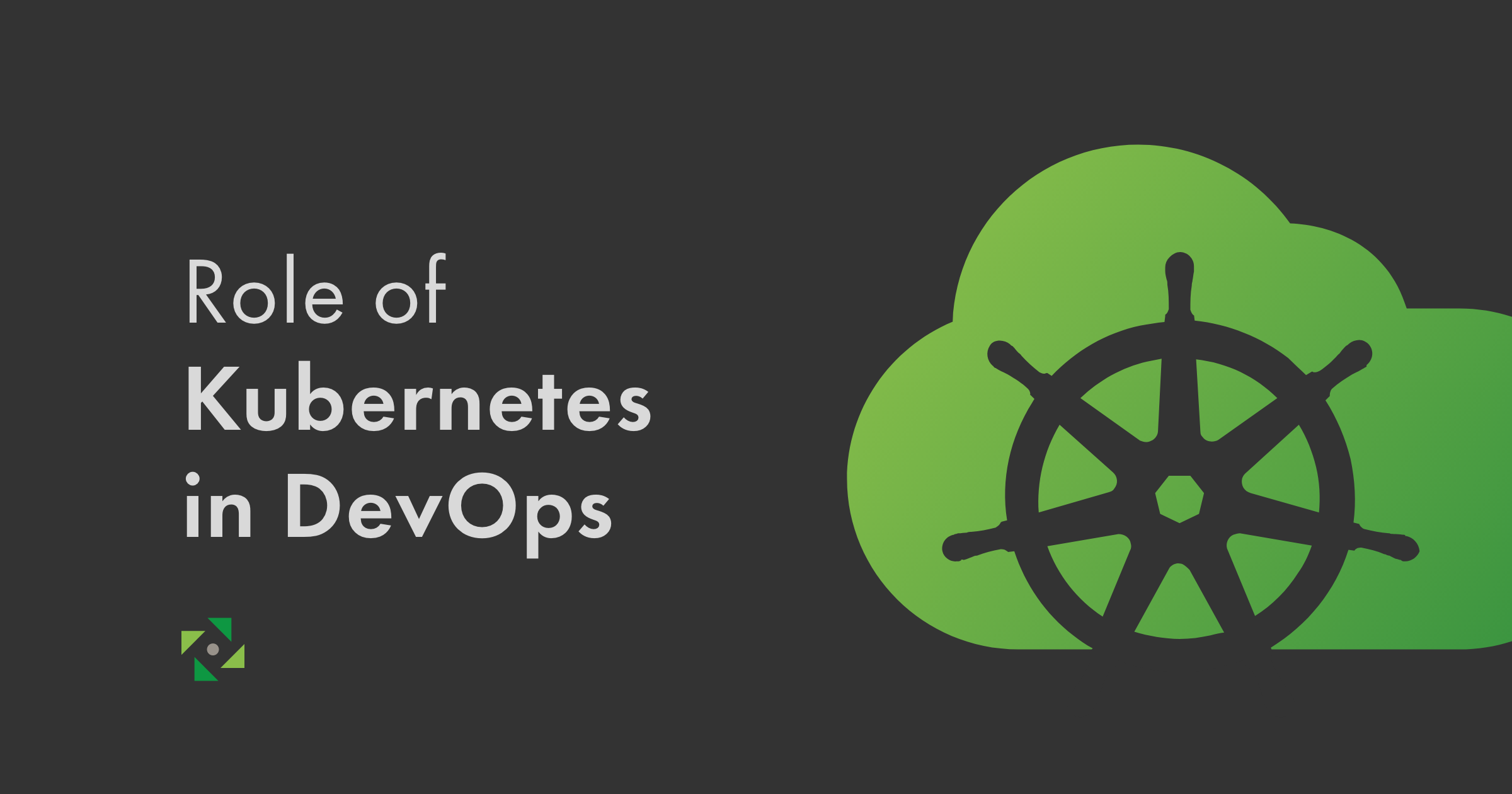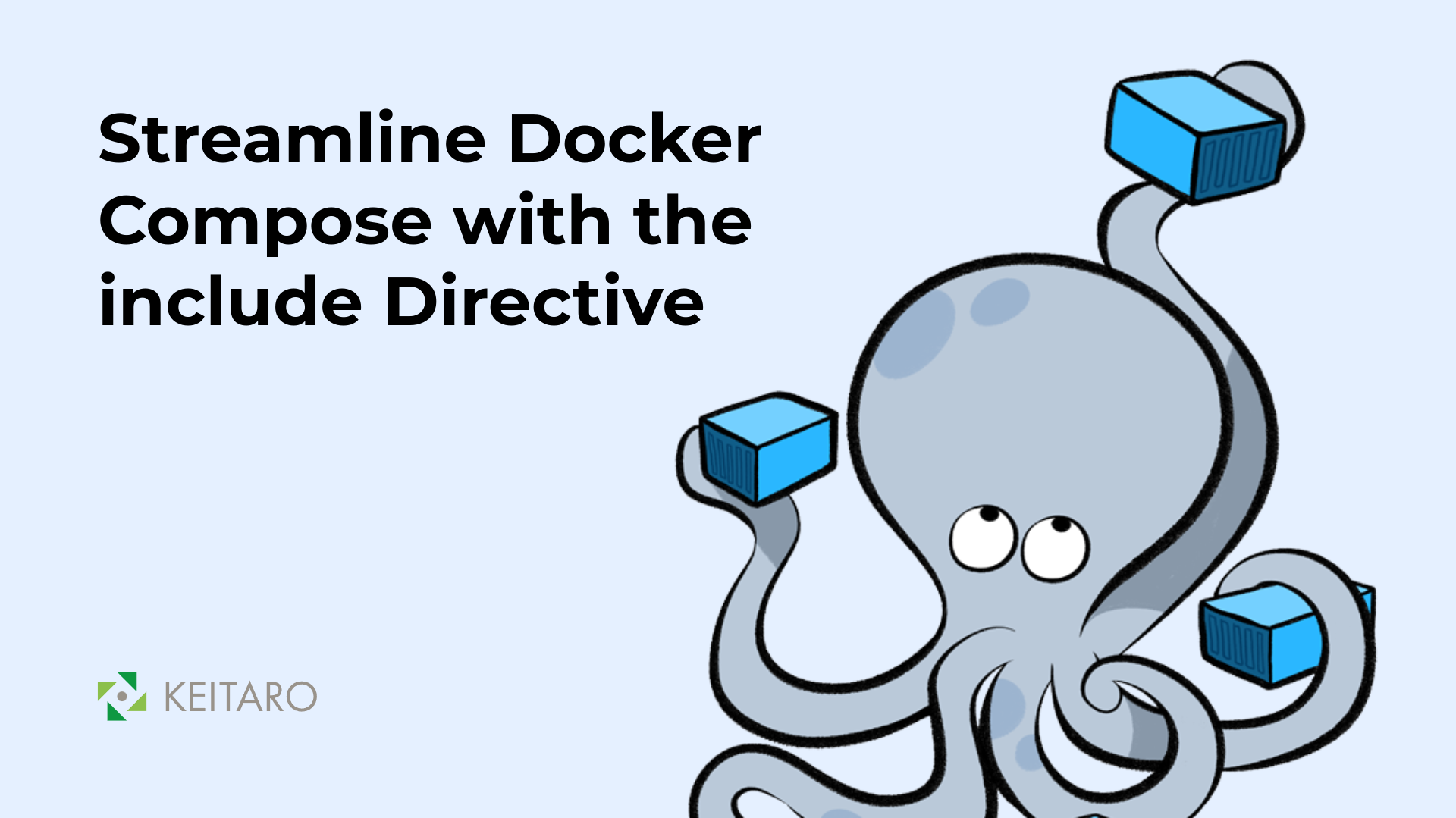Over the past few years, Kubernetes has garnered immense popularity and has become the leading solution of choice for container orchestration. With the popularity of Kubernetes, DevOps has also gained more power. Although Kubernetes and DevOps may seem unrelated as one acts as a tool and the other as a methodology, they work together perfectly to enable organizations to deliver solutions faster. Let’s dig in further and explore the importance and role of Kubernetes in DevOps practices.
Why is Kubernetes Important for DevOps?
Kubernetes plays a useful role for DevOps teams that want to reduce the burden of infrastructure and are looking to scale, automate, and develop resiliency in their applications. Following are some of the key aspects that highlight why Kubernetes is important for DevOps:
No Deployment Downtime
Kubernetes empowers developers to deploy new updates with no downtime due to its rolling updates and automated rollback features. So, instead of taking down the production environment and redeploying the updated one, Kubernetes helps to transfer traffic to other available services during deployment and updates one cluster at a time.
Infrastructure and Configuration as Code
Kubernetes lets developers build the entire infrastructure as code and also manage environment configurations as code. Everything associated with Kubernetes is “as-code”. So, instead of executing a script continuously during new environment deployment, developers can simply provide the source repository (with config files) to Kubernetes.
Scalability
Kubernetes offers an autonomous and continuous container-based integration ecosystem that makes application scalability an effortless process. It enables developers to scale an application up and down depending on the burden and requirements. In addition, such an environment also facilitates instant feedback.
Cross-Functional Collaboration
Using Kubernetes to compose a pipeline, it enables specific applications or roles to take specified actions, while prohibiting others from doing the same. For instance, it can restrict testers to builds and pending approvals, while customers review processes or deployment. Such role-based access controls ensure that resources and configurations remain steady while the environment of smooth collaboration grows.
Benefits of Kubernetes
From a broader perspective, Kubernetes’ popularity is due largely to its open-source nature, scalability, agility, and streamlining approach. But there are many other benefits associated with Kubernetes that include:
- Flexibility and Portability – No matter the type of container runtime or the underlying infrastructure (such as on-premises server, private cloud, or public cloud), Kubernetes can work effectively in all scenarios. In addition, it can be deployed in a wide range of infrastructure and environment configurations, making it a highly portable system.
- Infrastructure Abstraction – Kubernetes handles on its own all of the storage, compute, and networking aspects. Once installed, Kubernetes frees developers to focus on application development without having to worry about the underlying environment.
- Automated Operations – Kubernetes features plenty of built-in commands to address many of the heavy-duty operations central to application management. It thereby empowers organizations to employ automation in many day-to-day operations.
Kubernetes in the Cloud
The birthplace of Kubernetes was the Google Cloud. It was developed at Google and in 2014 released as an open-source system. With its dependency on Google’s internal cluster management system, Kubernetes ensures that regardless of whether its application deployment or management, everything goes smoothly and easily.
What’s more, Kubernetes provides multi-cloud capability, which means it can host single or multiple cloud workloads. It can smoothly scale its environment from one cloud platform to another, perfectly addressing the multi-cloud strategies companies are actively pursuing today.
Kubernetes empowers developers to run any kind of containerized applications with the same set of tools, whether on-premises or in the cloud. And to make it even more convenient to run Kubernetes in the cloud, major cloud providers have many Kubernetes-as-a-service offerings. Examples of these include IBM Cloud Kubernetes Service, Red Hat OpenShift, Google Cloud Kubernetes Engine, Amazon EKS, Azure Kubernetes Service, to mention but a few.
Final Thoughts
Kubernetes has undoubtedly changed the method of application development, deployment, and shipment by ensuring its users deliver what really matters. In a nutshell, using Kubernetes is one of the practices recommended to ensure continuous fast deliveries while keeping the entire process agile. If you are interested to learn more and upgrade your skills check out our hands-on experience Docker and Kubernetes course.



